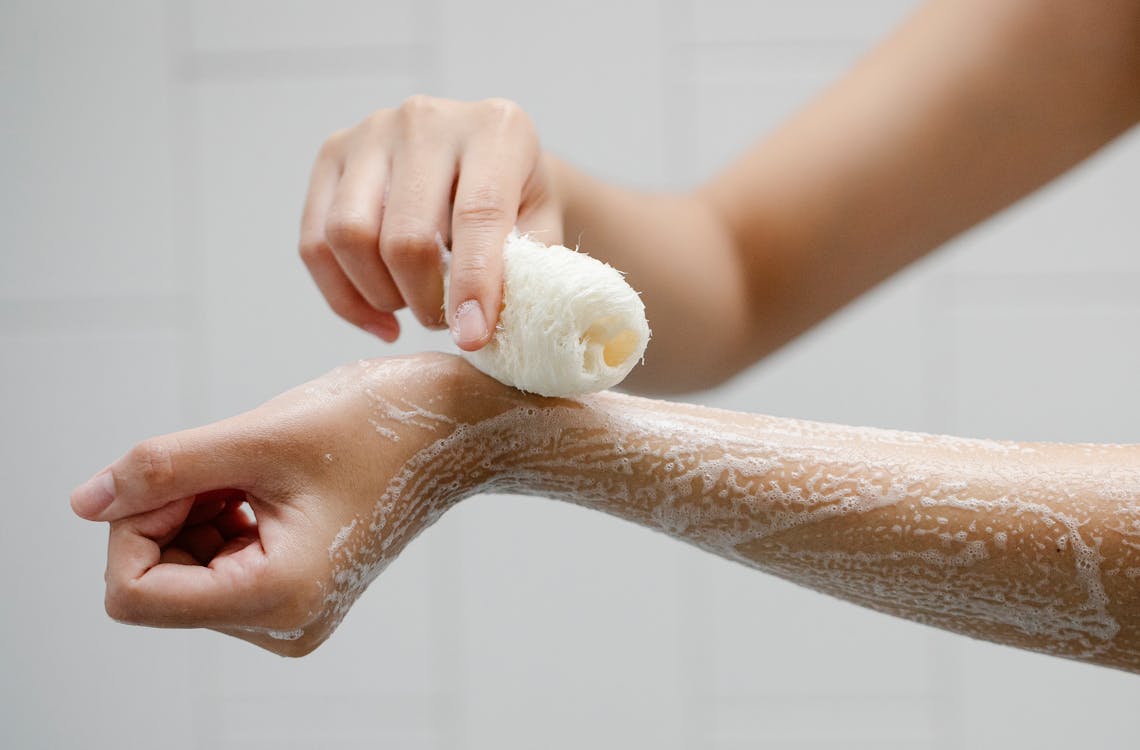Do I need a water softener living in Houston Texas?
Water softeners in Houston Texas might be quite popular as the water in this area is usually hard. Hard water tends to exist in Houston because of the amount of magnesium and calcium present. When dealing with hard water people usably tend to use water softeners. Water softens come with a fair share of benefits, but the disadvantages are also great. Therefore, many people aren’t sure if they should use water softeners or not.
If you’re living in Houston, Texas, you might not be sure whether or not you need a water softener system. With the help of this article, you can find out whether you need a water softener or not.

Why is the Water Hard in Houston, Texas?
Most of the tap water in Houston comes from surface water sources. The primary surface water comes from the San Jacinto and Trinity River and flows into the Conroe, Houston, and Livingston rivers. It is very common for surface water sources to include contaminants, before getting treated through a municipal plant.
When the water flows through a treatment plant, on the way it can pick up many minerals. By the time the water reaches your house, it becomes even harder. Water hardness can lead to many issues in your household, which is why you may require a water softener system immediately.
Why You Should Not Use Hard Water
While hard water doesn’t come with any health hazards, it is still unsafe to use. Furthermore, it comes with many drawbacks that could cause household fixture problems as well as issues on your skin. Mentioned below are the side effects of hard water:
Leaves behind Stains
When using hard water, you will start to notice different rust-like stains on anything exposed to hard water. These can include your house appliances, clothes, and dishes. The stains usually occur because the water is dirty and comes from rusty iron pipes. Even if you get rid of the stains, they will keep coming until you get rid of the hard water.
Makes it Uneasy to Shower Properly
When showering with hard water, the minerals may cause a negative reaction depending on the soap you use. This water tends to leave soap residue, which makes it harder to get the soap off your body. The deposits from hard water can also start to clog your shower head, resulting in you buying a new showerhead. You may also have a tough time washing your hair, especially if you have long thick hair.
May Cause Skin Issues
Washing with hard water leaves quite a lot of soap residue on your skin. This in turn leads to dry and itchy skin. Your skin may also start to turn bumpy due to excessive exposure to these minerals. If the mineral concentration is higher in your bathroom water, a water softener may help get rid of them. Therefore, a softener will make the water healthier for you to use.
Have a Hard Time Washing Your Clothes
Just like it’s difficult to shower with hard water, a load of laundry becomes quite a chore as well. In fact, you may notice a lot of stains on your clothes. Using detergent with hard water may lead to a negative reaction. So rather than removing the stain, hard water causes further build-up. You will also notice your clothes getting rougher and scratchier with every wash. If you continue washing with hard water, you have to use double the amount of detergent. The water may even leave yellowish stains due to the iron content in hard water.
Bad Taste and Smell from Water
It is not safe to drink hard water as you may notice a weird taste and smell due to contamination. You may have a metallic taste after drinking hard water and the water could even smell as bad as rotten eggs.
May Have to Keep Changing Pipes
As mentioned earlier, hard water tends to clog up fixtures such as showerheads and pipes and this leads to many other plumbing issues. It is mostly the limescale deposits that accumulate in your pipes that come in the way of the water flow. You will notice spending a lot of time calling the plumber and getting pipes changed.
Your House Appliances Don’t Lat that Long
You will spend a lot of money buying new appliances such as a dishwasher or even a water heater. When you expose them to hard water the water tends to leave its deposits, causing the appliance to wear out. According to the American Water Works Association, hard water may cause a washing machine to die out 30% faster.

A water softener system includes different filters which help remove minerals such as calcium and magnesium from the water supply. These are the two main minerals that make water hard in Houston, Texas. With the help of these systems, the sodium ions replace hard water with soft water. It does this through reverse osmosis that happens on a sack of plastic beads.
The negatively charged beads, also known as resins, react with ions while the minerals in the water have a positive charge. When the hard water flows through the beads, they hold on to the positive ions and release all the negative ones.
The Takeaway
After reading this article, hopefully, you are able to decide on whether or not you need a water softener in Houston, Texas. Since people living in Houston suffer from high water hardness levels, using a water softener may be the right option. For the best water softener appliances get in touch with https://filtersmart.com/






